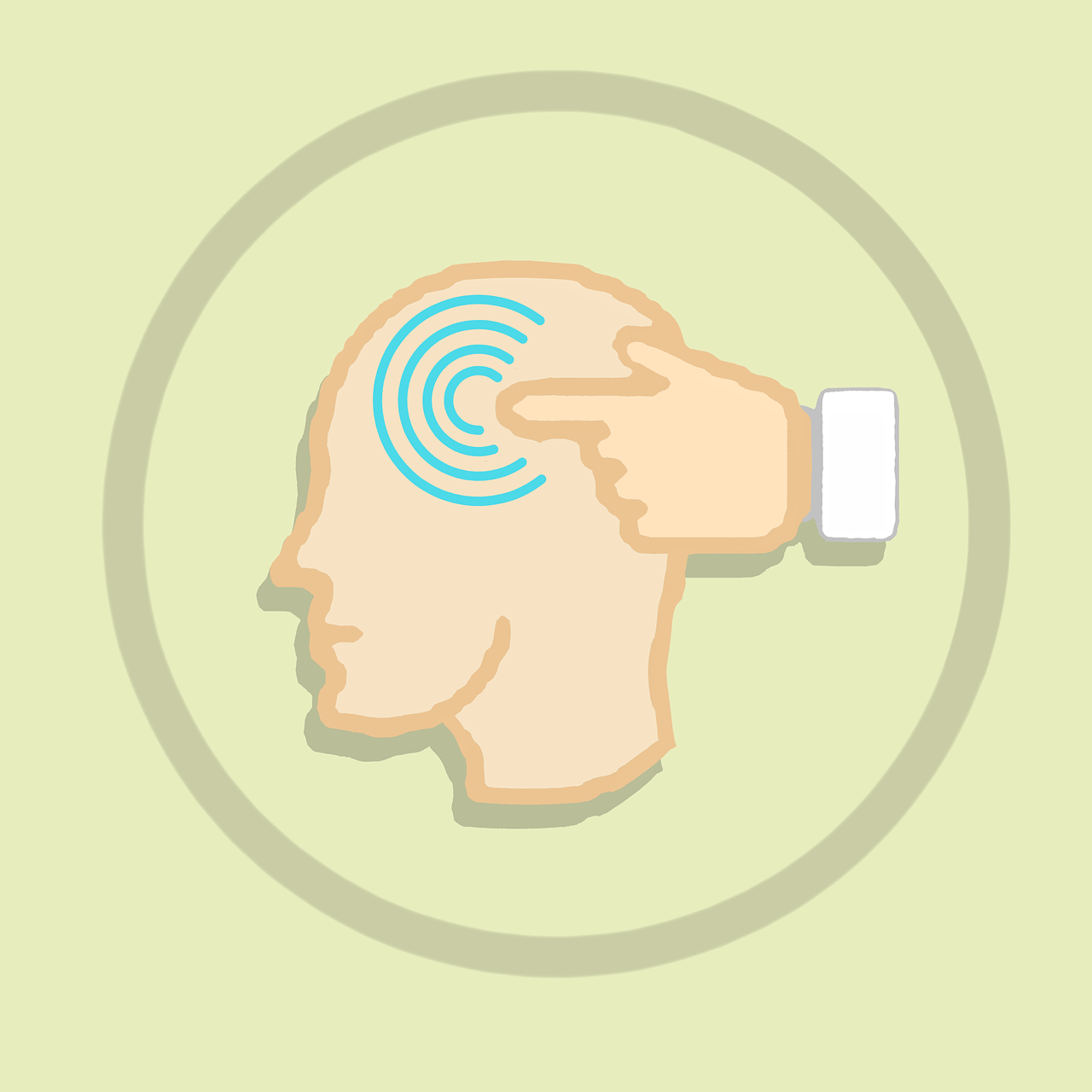 School counselors, along with school social workers, may be children’s only access to some form of mental health care, since it’s estimated that only 20 percent of children with mental or behavioral disorders receive help from a mental health care provider.
School counselors, along with school social workers, may be children’s only access to some form of mental health care, since it’s estimated that only 20 percent of children with mental or behavioral disorders receive help from a mental health care provider.
“The vast majority of mental health services are actually delivered in schools,” said Sharon Hoover, co-director for the National Center for School Mental Health. “Kids and families don’t make it consistently to community mental health settings.”
A challenge for schools is to efficiently incorporate the services that do exist, said Hoover. In most schools, you already have an established mental health care workforce, but they’re understaffed with caseloads of a few hundred students and may not partner well with community care providers.
TRAILS Program
However, a program through the University of Michigan is trying to address that challenge by partnering school staff with community counselors in a professional development program. The Transforming Research into Action to Improve the Lives of Students (TRAILS) program trains K-12 counselors and social workers to teach students how to manage their thoughts, feelings and actions with cognitive behavioral therapy.
Through TRAILS, school staff (usually nurses, social workers, counselors) participate in a daylong training event through the University of Michigan Depression Center. More importantly, participants are then connected to a counselor who serves as a coach in establishing CBT groups in schools.
All the materials for the course are available on the TRAILS website, so school staff can pick and choose different activities.
If they participate in the TRAILS training event, they are paired with a coach. TRAILS has a network of some 100 coaches throughout the state of Michigan. The coach visits the school once a week for the first semester of running a CBT group. In nine to 12 sessions, this coach helps model skills, provide feedback and demonstrate how to work with students.
Every school professional who participates is expected to run at least one CBT group with their students and coach. But afterward, they can run other groups on their own or just work with individual students as they need to, according to Elizabeth Koschmann, director of TRAILS.
Excerpted from “How Schools Can Bridge Mental Health Care Gaps with Cognitive Behavioral Therapy Tools” in KQED‘s MindShift, an area of KQED News that explores the future of learning in all its dimensions. Read the full article to learn more about TRAILS and the impact it has had on some of the schools that have implemented the program.
Source: MindShift | How Schools Can Bridge Mental Health Care Gaps with Cognitive Behavioral Therapy Tools, https://www.kqed.org/mindshift/53544/how-schools-can-bridge-mental-health-care-gaps-with-cognitive-behavioral-therapy-tools | Copyright © 2019 KQED INC
More about TRAILS
The TRAILS program provides clinical training to school professionals in evidence-based mental health care approaches such as Cognitive Behavioral Therapy (CBT) and mindfulness, and trains community mental health providers to provide follow-up coaching in their local schools, reinforcing new skills and promoting sustainability. In early demonstration trials, this training paired with in-person coaching has led to significant improvement in school professionals’ expertise in and use of CBT.
TRAILS Resources, which include teaching materials, practice materials, and multimedia clips are available online at no cost.
A screening can help you determine if you or someone you care about should contact a mental health professional. Care Coordinators can arrange a free 30 minute Care Consultation so you can explore options with an expert. Call or email our Care Coordinators at 650.688.3625 or careteam@stage.chconline.org to set up an initial Consultation appointment.
This resource is filed under:




